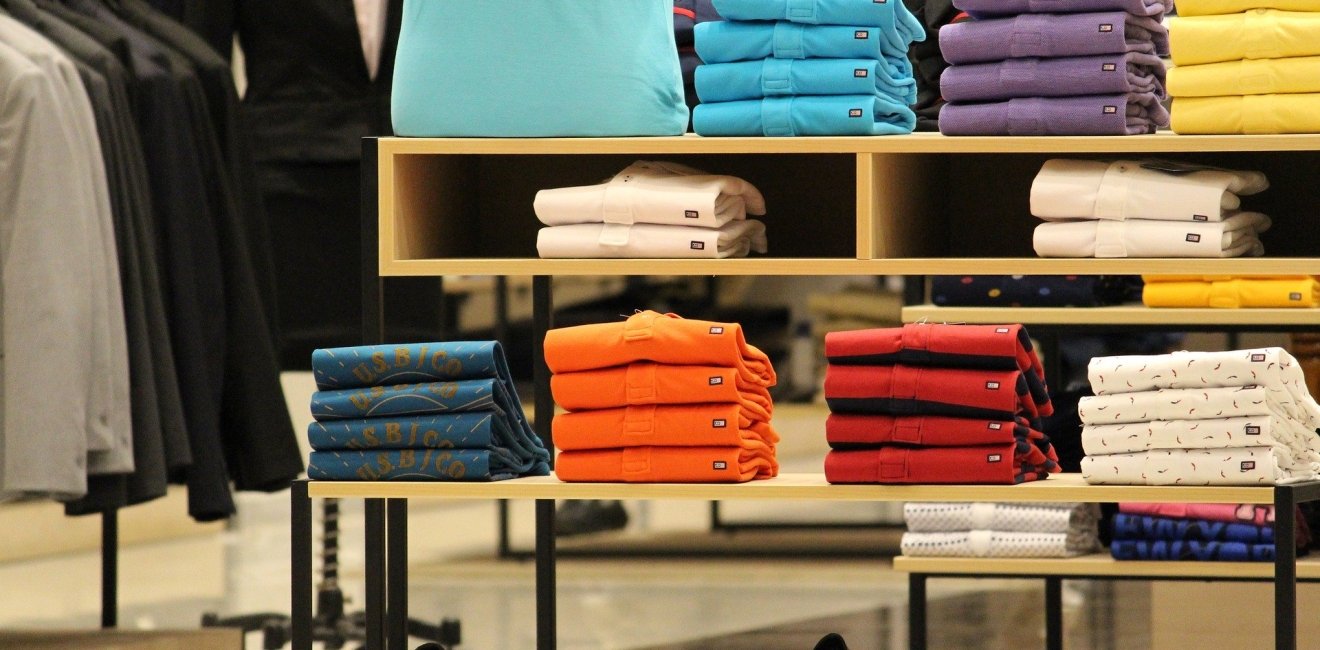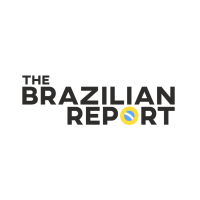
A blog of the Brazil Institute
The use of slave labor in the fast-fashion industry has been a recurring object of scrutiny around the world. Untold Creative’s 2015 documentary The True Cost offers a glimpse into the gruesome working conditions that factory workers around the world often endure. That same year, British comedian John Oliver aired a segment on his irreverent news show Last Week Tonight questioning why consumers rush to buy stylish dresses for $4.95 without ever pondering how clothing could be sold so cheaply.
In response to this challenge, Repórter Brasil, a local NGO dedicated to fighting slave labor, launched an app back in 2013 that allows consumers to check whether high street brands have used slave workers in their supply chains.
The app is called Moda Livre—"Free Fashion" in Portuguese—and it monitors working conditions in factories that are part of the supply chains of Brazilian brands. Companies are graded in four categories: their commitment to eradicate slave labor within their chains; the close monitoring of their suppliers; their transparency regarding efforts to resolve the issue; and whether they have a history of using slave labor.
Repórter Brasil performs background checks on companies and sends them a list of questions on their work policies. An analysis of the answers determines how each company is then rated. There are three possible grades: the most compliant companies receive a green stamp; companies that must improve their methods to prevent the use of slave labor within their suppliers get a yellow stamp; and companies that either fail one of the NGO's four evaluation categories or fail to reply to Repórter Brasil's survey receive a red stamp.
Results Are Lackluster
According to the NGO's results, workers subjected to degrading conditions is the norm rather than the exception, supported by the fact that only 27 of the 131 surveyed brands (20 percent) received a green stamp. According to Repórter Brasil, some of Brazil’s biggest retailers, such as Lojas Renner (368 stores nationwide) and Lojas Marisa (355 stores) have issues to address, denoted by their yellow stamps.
However, there is also a lack of transparency in the sector. Colcci—a brand represented by Brazil’s iconic supermodel Gisele Bündchen—received a red stamp due to the lack of information available on its policies, monitoring, and transparency, although there is no record of workers for the brand being subjected to conditions analogous to slavery.
One explanation behind the poor ratings lies in the fact that Brazilian brands seek cost-cutting solutions by employing workers from Brazil's Northeast, the poorest region in the country. But major cities such as São Paulo and Rio de Janeiro are also guilty of slave labor—and workers there are mostly undocumented migrants. In 2019, prosecutors from the state of São Paulo rescued 91 workers in degrading conditions.
If acknowledging the problem is the first step towards finding a solution, then Brazil is on the right path. It was one of the first nations to admit to the International Labor Organization, back in 1995, that slave labor does indeed occur within its borders. Since then, 53,000 workers have been rescued from slave-like conditions, and the number of workers needing rescue dropped year on year until reaching 647 in 2017. However, the number of workers found in slave-like conditions tripled in 2018.
“We still have a long way to go, but it would be unfair to ask the consumer to be conscious if he or she doesn’t know any better. That’s why it is important to have information out there, to have the means to monitor what you buy,” explained Leonardo Sakamoto, president of Repórter Brasil, back in 2016. While oversight and inspection efforts remain important, Moda Livre ensures consumers have the information needed to play a larger role in demanding fair and ethical labor conditions.
Like the content? Subscribe to the Brazilian Report using the discount code BI-TBR20 to get 20 percent off any annual plan.
https://brazilian.report/services-offers-brazil/

Author

Brazil Institute
The Brazil Institute—the only country-specific policy institution focused on Brazil in Washington—aims to deepen understanding of Brazil’s complex landscape and strengthen relations between Brazilian and US institutions across all sectors. Read more

Explore More in Brazil Builds
Browse Brazil Builds
They're Still Here: Brazil's unfinished reckoning with military impunity




